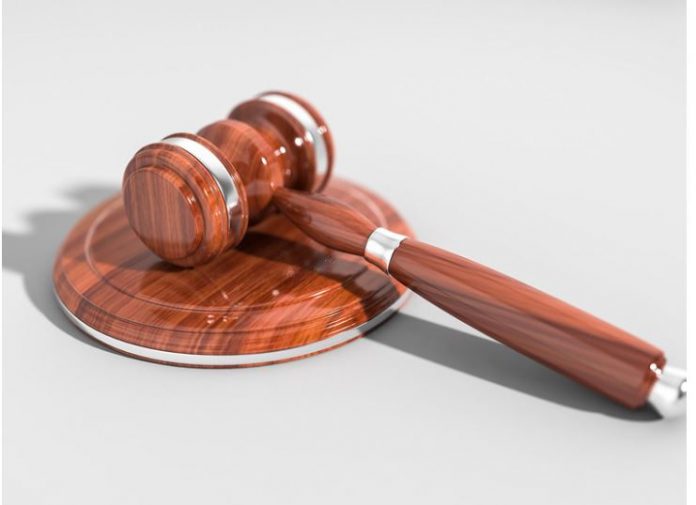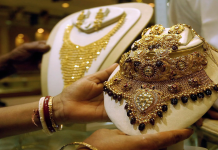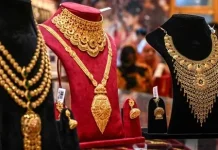It’s a move likely to increase tensions between Beijing and Ottawa
Beijing: China has formally charged two Canadians with spying, officials said Friday, more than 18 months after they were arrested in a spat between Beijing and Ottawa.
The pair were detained shortly after Huawei executive Meng Wanzhou was arrested in Canada on a US warrant, in what is widely believed to have been a retaliatory move from China.
The Supreme People’s Procuratorate said ex-diplomat Michael Kovrig and businessman Michael Spavor were “suspected of foreign espionage” and “providing state secrets”
The move comes just weeks after a key ruling in the Meng case where a Canadian judge ruled that proceedings to extradite her to the United States will go ahead.
Key dates in China-Canada spat
Initial arrest
On December 1, 2018, Meng was arrested at the request of US authorities as she was changing planes in Vancouver, a move that infuriated Beijing, which threatened grave consequences if Meng was not freed.
Also Read: Under CBSE / Expression Series, students can participate in competitions, can apply till July 15
Meng, the daughter of Huawei founder Ren Zhengfei, a former Chinese People’s Liberation Army engineer, is accused of lying to bankers about the use of a covert subsidiary to sell to Iran in breach of US sanctions. If convicted, she faces more than 30 years in prison.
She was released on Can$10 million (US$7.4 million) bail on December 11, allowing her to stay at a luxury home owned by her husband in Vancouver under electronic surveillance pending her US extradition hearing.
Detentions in China
On December 10, China detained Kovrig, who was employed by the International Crisis Group think tank, and business consultant Michael Spavor under suspicion of “engaging in activities that threatened China’s national security.”
President Donald Trump said on December 11 he could intervene in the US case against Meng if it helped seal a trade deal with China – statements that displeased Canada, which denied that politics played a role in Meng’s arrest.
The arrests of Kovrig and Spavor were widely seen by observers as retaliation for Meng’s detention.
Canada called for their immediate release and appealed to allies for support in securing their release on December 22.
‘Arbitrary detention’
Canadian Prime Minister Justin Trudeau and Trump denounced China’s “arbitrary detention” of the two Canadians during a telephone call on January 7, according to officials.
Britain, France, Germany and the European Union also issued statements expressing concerns about the arrests.
Death sentence
In January 2019, diplomatic tensions were heightened when a court in northeast China sentenced Canadian Robert Lloyd Schellenberg, 36, to death at a hastily scheduled retrial after his previous 15-year prison term for drug trafficking was deemed too lenient.
Schellenberg was detained well before the diplomatic feud, back in 2014, with the initial sentence passed down in November.
But in December, following an appeal, a high court in Liaoning province ruled that the sentence did not fit the severity of his crimes and ordered the new trial.
Following the death sentence Canada updated its travel advisory for China, warning citizens of the “risk of arbitrary enforcement of local laws”.
In response, China warned its citizens of the “risks” of travel to Canada after what it called the “arbitrary” detention of Meng.
Court rules against Meng
Meng suffered a legal setback in May 2020 when a Canadian judge ruled that proceedings to extradite her to the United States would go ahead, based on so-called double criminality – a key test for extradition.
The court found that bank fraud accusations against her would stand up in Canada.
The interim ruling means she will continue to live in a Vancouver mansion under strict bail conditions while her case proceeds and also effectively dashed hopes for a quick mending of Canada-China relations.
Formal charges
On Friday, China formally charged Kovrig and Spavor, more than 18 months after their arrests.
The Supreme People’s Procuratorate said it has begun the prosecution of the pair, who were “suspected of foreign espionage” and “providing state secrets”.




